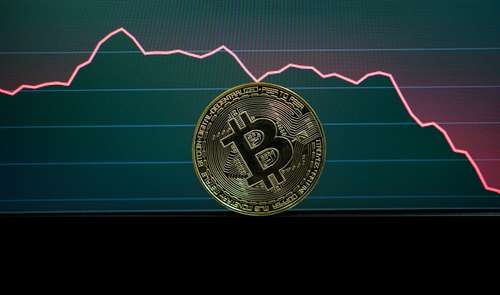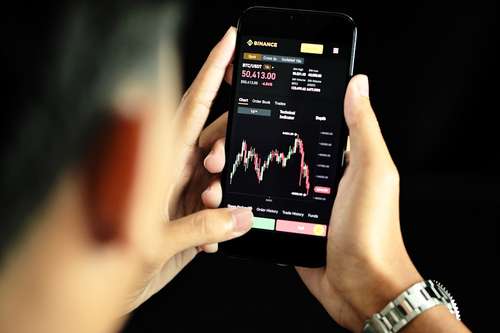The United States government is holding a large stash of Bitcoin — here's all about their sales and plans in 2024.

The US government is making banks in the crypto world, with their digital assets reaching a minimum of $8.3 billion! This is a massive jump from just a few months ago when their holdings were valued at $5 billion.
It's not just chump change anymore, as the Feds are now a big shot in the cryptocurrency industry, sitting comfortably on the list of top Bitcoin holders.
But on the flip side, this isn't just an investment strategy for the United States as we glimpse what the US government thinks about cryptocurrency and how they regulate it.
Seizures and Bitcoin Bonanza: Government's Crypto Accumulation
Over the past decade, the US authorities engaged in the seizure and subsequent selling of bitcoins.
Notable seizures include actions against the Silk Road, Jimmy Zhong, and hackers associated with Bitfinex. During the period spanning from November 2020 to 2022, a cumulative 207,189 bitcoins (BTC) were confiscated in three distinct operations.
However, the US government's approach towards these seized assets has been scrutinised. Merely less than 5% of the confiscated bitcoins have been sold.
Notably, the offloading of 9,861 BTC previously owned by the Silk Road on Coinbase yielded $215 million, significantly lower than the current valuation. This move resulted in an average of $21,800 per bitcoin, nearly half the present value.

Missed Opportunities: Selling Bitcoin Too Early
Critics argue that the US government consistently sold bitcoin prematurely, missing out on potential gains. Plans were announced to sell the remaining Silk Road bitcoin, approximately 41,491 BTC, valued at $1 billion then and now estimated at $1.8 billion.
However, only a single batch, comprising 8,200 BTC, was potentially processed, with unconfirmed reports on whether any transactions were executed.
Had the US authorities chosen to retain all the seized bitcoins rather than opting for sales, their current holdings could have totalled around 400,000 BTC, equating to $17.4 billion, nearly doubling their current stash.
The Global Landscape of Government Bitcoin Holdings
Comparatively, the US government's crypto reserves potentially overshadow those of other countries.
According to a study, the US could boast the most extensive government-held Bitcoin stash globally. This puts them ahead of countries like El Salvador, Ukraine, Bhutan, Venezuela, and Finland, whose combined holdings sum up to only 4,000 BTC ($172 million).
Conspicuously, China's absence in the aforementioned study raises questions about its position in the global crypto-holding sphere.
Notably, Beijing confiscated a significant 195,000 BTC ($8.4 billion) in 2020 from the PlusToken crypto Ponzi scheme, along with vast amounts of other cryptocurrencies like ether (ETH) and XRP.
Future Speculations and Comparative Scenarios
As the US government potentially prepares to release more Silk Road bitcoins into the market in the coming months, questions loom about the timeline for selling the seized Bitfinex hackers' bitcoins belonging to Ilya “Dutch” Lichtenstein and Heather “Razzlekhan” Morgan.
In juxtaposition, if Beijing refrains from premature selling to the US, it could result in both superpowers, the US and China, almost neck and neck regarding their Bitcoin holdings.
Looking Forward
The US government's approach to handling seized bitcoins has led to revelations regarding their crypto portfolio.
While the US government have accumulated a considerable sum, the decision to sell rather than hold onto these assets has sparked debates on the potential opportunity cost incurred.
As the world of cryptocurrency continues to evolve, the strategies employed by governments in managing their crypto reserves will undoubtedly have an impact on the global financial system.



